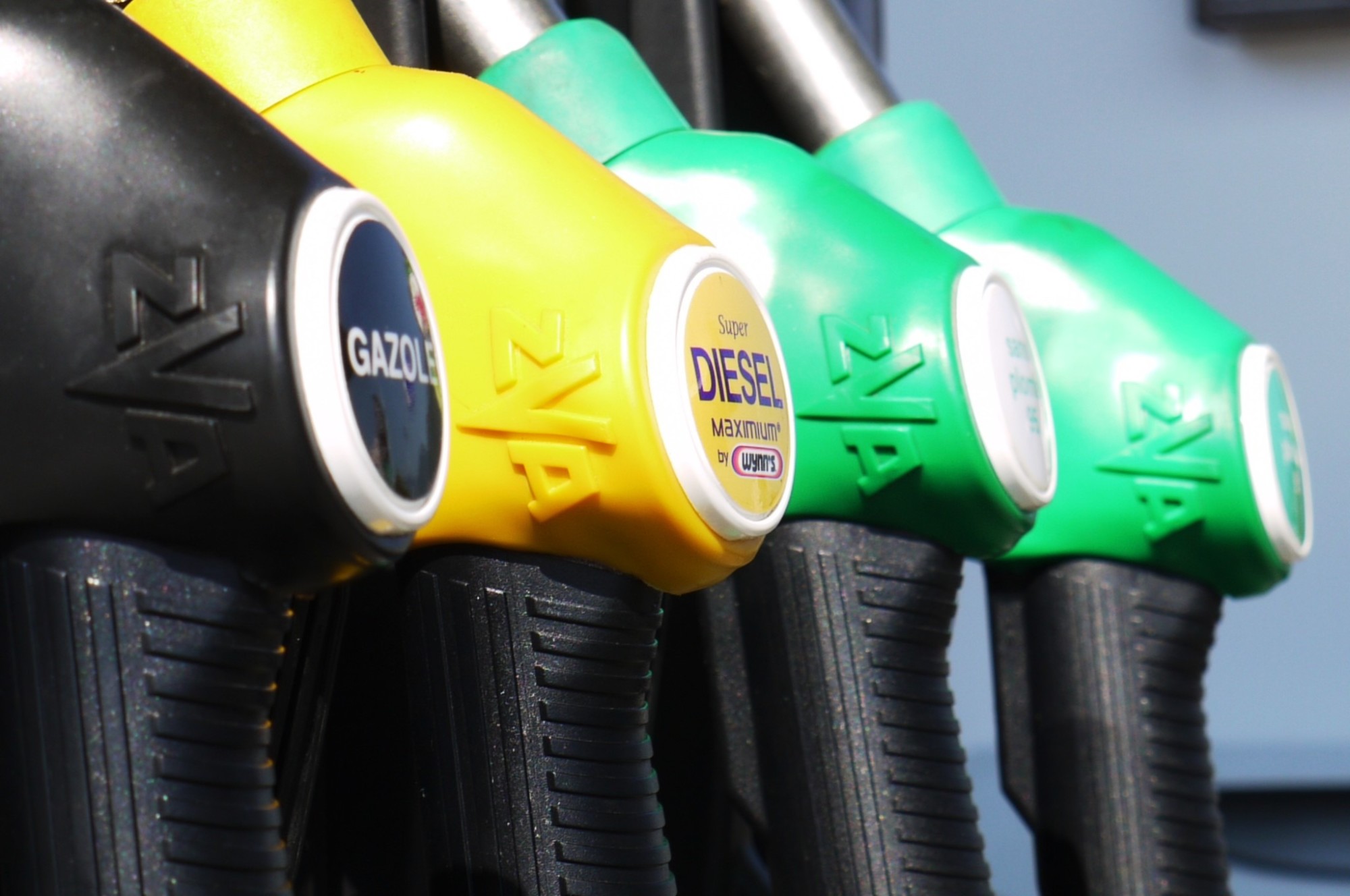Is diesel better than gas? Which is more cost-efficient/eco-friendly? Which performs better?
When it comes to gas vs diesel, which is a better choice for your next car? You can decide for yourself after reading this comparison.
In this guide, we compare both diesel and gasoline engines on several points: horsepower, mileage, eco-friendliness, required maintenance, and overall cost. There are advantages to each that will impact your purchasing decision next time you’re shopping for a car.
Get all the facts about diesel vs gasoline right here.
Horsepower/Torque – Advantage: Diesel
Diesel engines are designed to help heavy trucks carry heavy loads. Because of this, diesel engines have more torque than gas engines.
And torque determines horsepower. That is, horsepower is a measurement of torque multiplied by RPMs. This means that a diesel engine can achieve the same horsepower as a gas engine but at lower RPMs.
However, operating at lower RPMs also means that diesel engines are built for work, not for speed. You won’t be doing any street racing in your diesel car because they don’t accelerate quickly.
Mileage – Advantage: Diesel
The higher torque of diesel engines means that they get better mileage than gas engines. As stated above, a diesel vehicle can handle the same workload as a gas engine with fewer RPMs. No matter what the vehicle is doing, the Diesel engine doesn’t have to work as hard to do it.
This principle is even truer in diesel cars than it is in trucks. Remember, diesel engines are designed for powerful, loadbearing work trucks. They are just as powerful when they’re used in cars.
But cars are lighter than trucks and usually have less work to do. So the MPG benefit of diesel engines is even greater for cars.
Eco-Friendliness – Advantage: Diesel
Diesel engines were once famous for causing more pollution than gas engines. That’s why the EPA stepped in.
Today, the emission regulations for diesel engines are more strict than they are for gas engines. Diesel engines are now required to have a better filtration system. Thus, on average, they emit 40% less CO2 than gas engines.
Other harmful pollutants are also decreased by these diesel filters. As such, gas engines were found to emit 62% more carbonaceous particulate pollutants than diesel engines. These carbon-based particles are a known respiratory hazard.
Also, gas is a more processed petroleum product than diesel. Since diesel requires less processing, it’s more eco-friendly to produce.
Required Maintenance – Advantage: Gas
One drawback of diesel engines is that they require more regular maintenance than gas engines. This means more time in the shop and more money.
This is especially true if you need diesel repair. Diesel engines aren’t as common as gas engines so their replacement parts may be less available.
Cost – Advantage: Diesel
Diesel also costs more per gallon than gas. But the increased MPG of diesel almost always outweighs the higher price. Even with the higher total cost of maintenance, diesel engines are usually more economic than gas engines.
Gas vs Diesel: Which Is Better?
So, is diesel better than gas? In our opinion, yes it is. When comparing gas vs diesel, there are more practical advantages to diesel.
Still, it’s not our opinion that matters. It’s yours. So remember this guide when considering what type of engine you want in your next car.
Keep checking our blog every week for more great automotive tips and knowledge.

